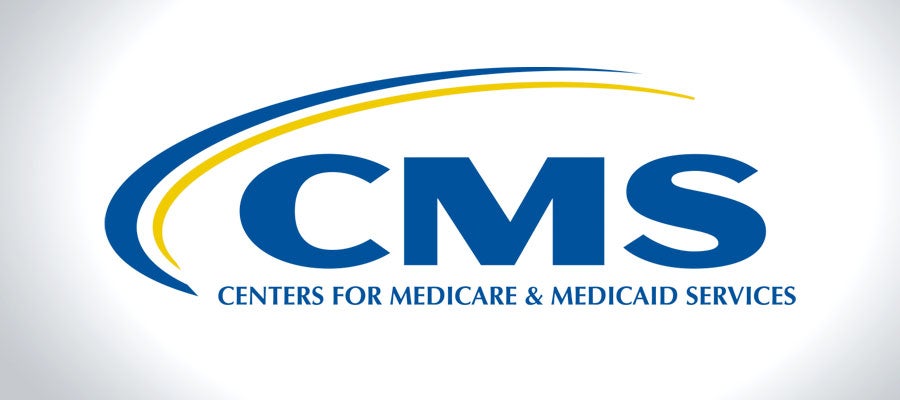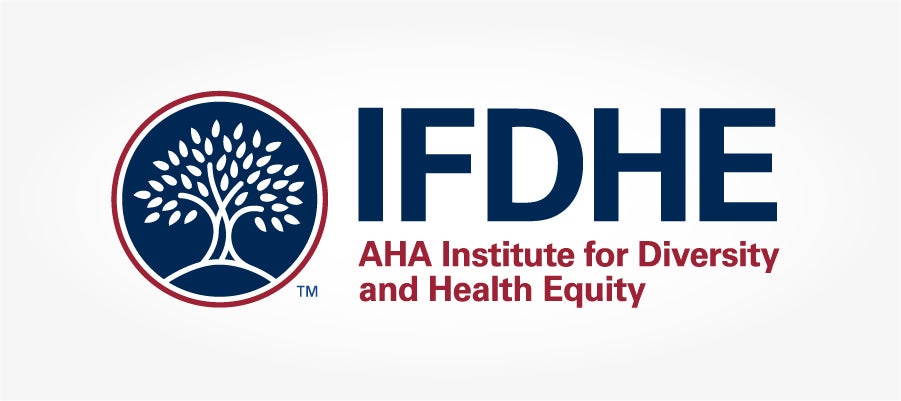
News







Latest
The AHA released a new episode of PowerPlay, the on-demand video series that connects AHA members to major players in policy, politics and science.
The Moderna COVID-19 vaccine produces neutralizing antibody titers against the Delta variant, although fewer than against the ancestral strain of the virus, the company announced.
The AHA urged the State Department to give foreign-trained nurses seeking immigrant visas priority for processing to solve the backlog of immigrant visas for eligible foreign-trained nurses.
AHA today asked Health and Human Services Secretary Xavier Becerra to allow providers that received funding prior to June 30, 2020 to use their COVID-19 Provider Relief Fund payments through the end of the COVID-19 public health emergency or, at a minimum, through the end of 2021.
The Centers for Medicare & Medicaid Services released a proposed rule with additional policies for health insurance issuers and the Health Insurance Marketplaces (exchanges) for plan years 2022 and beyond.
The AHA is accepting applications through Oct. 15, 2021 for its 2022 American Hospital Association Quest for Quality Prize.
The Department of Health and Human Services’ Office of Minority Health awarded local governments $250 million in grants to work with community-based organizations to increase health literacy about COVID-19 vaccination, mitigation and services among underserved and racial and ethnic minority populations.
The Centers for Medicare & Medicaid Services June 29 issued its calendar year 2022 proposed rule for the home health prospective payment system.
AHA urged the Occupational Safety and Health Administration to delay by six months its compliance dates for the recently announced COVID-19 Health Care Emergency Temporary Standard, thus giving hospitals and health systems ample time to implement the policy’s many new requirements.
Starting July 1, the American Rescue Plan Act makes individuals who receive unemployment compensation beginning in 2021 eligible for cost-sharing subsidies through the federally facilitated Health Insurance Marketplace.
In response to national blood supply shortages, the AHA provided members with tools and resources to help hospitals and health systems conserve blood supply and encourage donations throughout the summer.
The AHA and other national hospital organizations today urged Senate leadership and senators supporting a bipartisan $1.2 trillion infrastructure agreement reached with President Biden last week not to extend the 2% mandatory sequestration cut to Medicare or use unspent COVID-19 provider relief funds to help pay for the package.
The Food and Drug Administration June 25 formally updated its patient and provider fact sheets for the Moderna and Pfizer COVID-19 vaccines to include warnings about the increased risk of heart inflammation in patients.
The Centers for Medicare & Medicaid Services late today released its calendar year 2022 proposed rule for the home health prospective payment system. The proposed rule would set forth routine updates to the home health and home infusion therapy services payment rates in accordance with existing statutory and regulatory requirements.
The Supreme Court of the United States declined to consider AHA’s lawsuit asking the court to reverse federal appeals court decisions that threaten continued access to care for hospital outpatients in need by making significant Medicare cuts to payments for health exams at off-site clinics.
July 6 is the deadline for state and local governments to apply for grants of up to $125,000 each to develop multi-sector plans to address social determinants of health to improve chronic disease outcomes in populations experiencing health disparities and inequities.
The AHA and American Medical Association last week urged the Centers for Medicare & Medicaid Services to delay until at least Jan. 1, 2023, the deadline for physicians, hospitals and health systems to implement appropriate use criteria for advanced diagnostic imaging services, citing “the unprecedented financial strain placed on providers by the COVID-19 public health emergency, continued technological challenges, and the need for additional programmatic guidance.”
Commenting today on long-term care hospital provisions in the fiscal year 2022 proposed rule for the inpatient and LTCH prospective payment systems, AHA said it supports the proposals to use fiscal year 2019 claims as a basis for calculating the FY 2022 payment update; require state Medicaid programs to enroll all eligible Medicare providers; and the overall objectives of the requests for information on health equity and digital quality reporting.
AHA today voiced strong support for provisions in the inpatient prospective payment system proposed rule for fiscal year 2022 that would repeal the requirement that hospitals report their median payer-specific charges for Medicare Advantage organizations by Medicare severity diagnosis related group and use them in calculating new market-based relative weights.
by Rod Hochman, M.D.
On this episode, you’ll hear from Kenneth Davis, M.D., president and CEO of Mount Sinai Health System in New York, a system that was on the front lines of the first wave of COVID-19. He is a neurobiologist and a pioneering researcher in the field of brain disease, notably Alzheimer’s disease.

